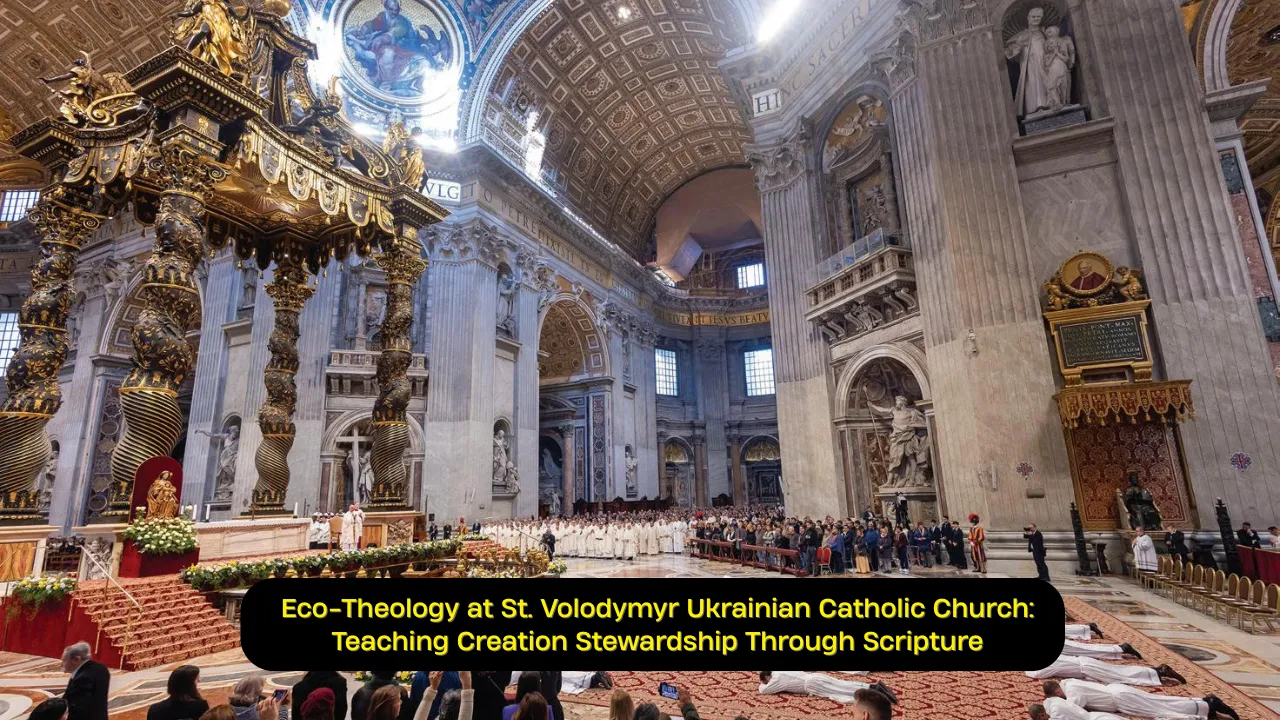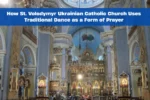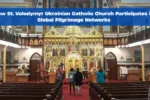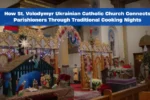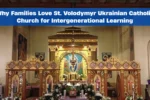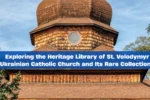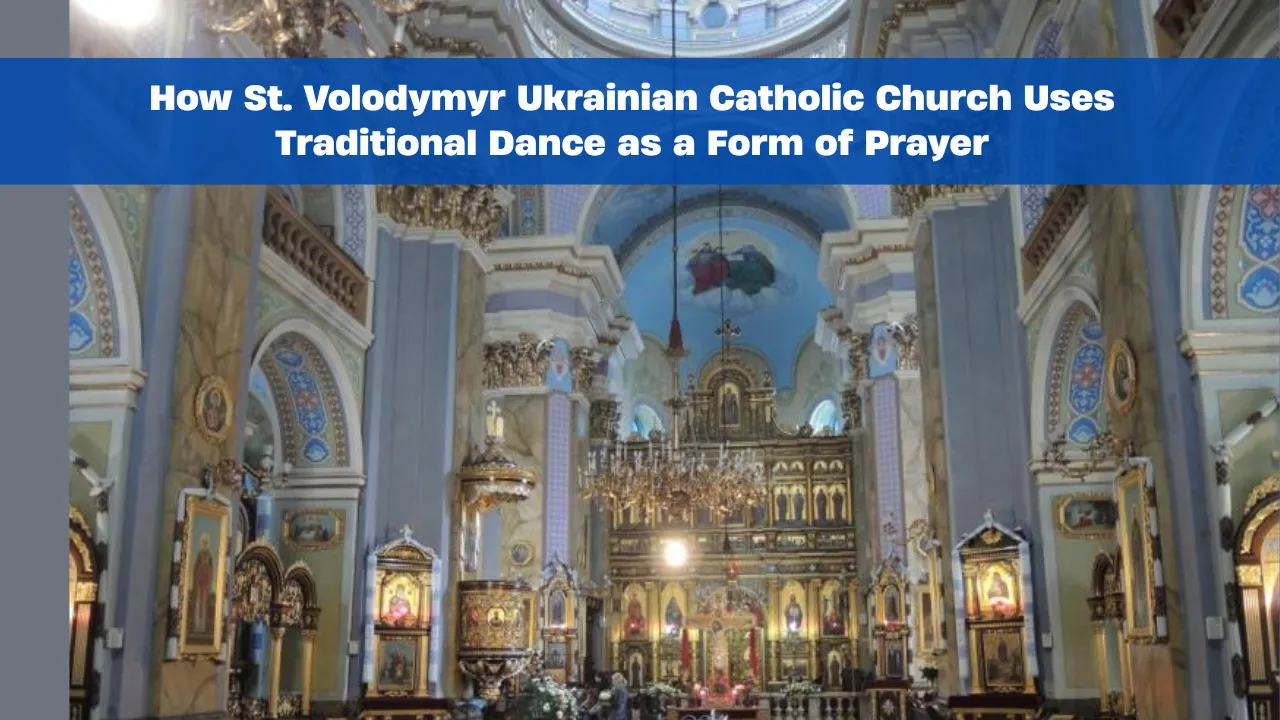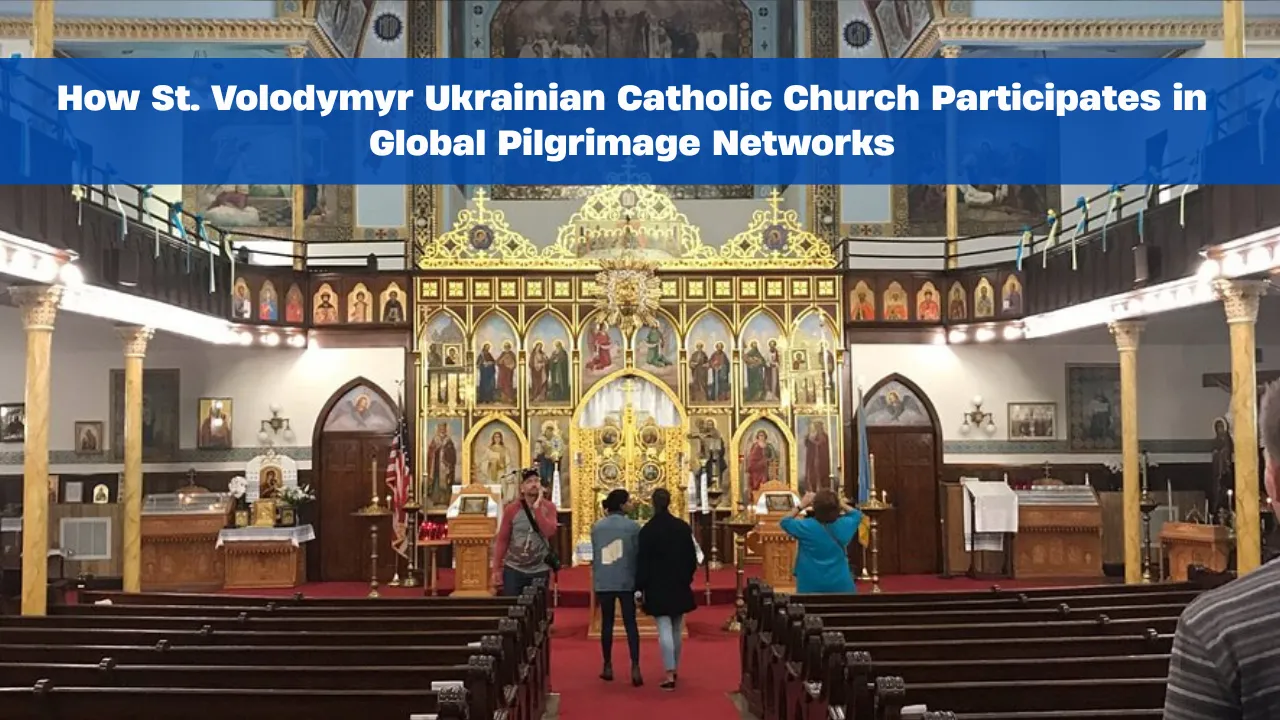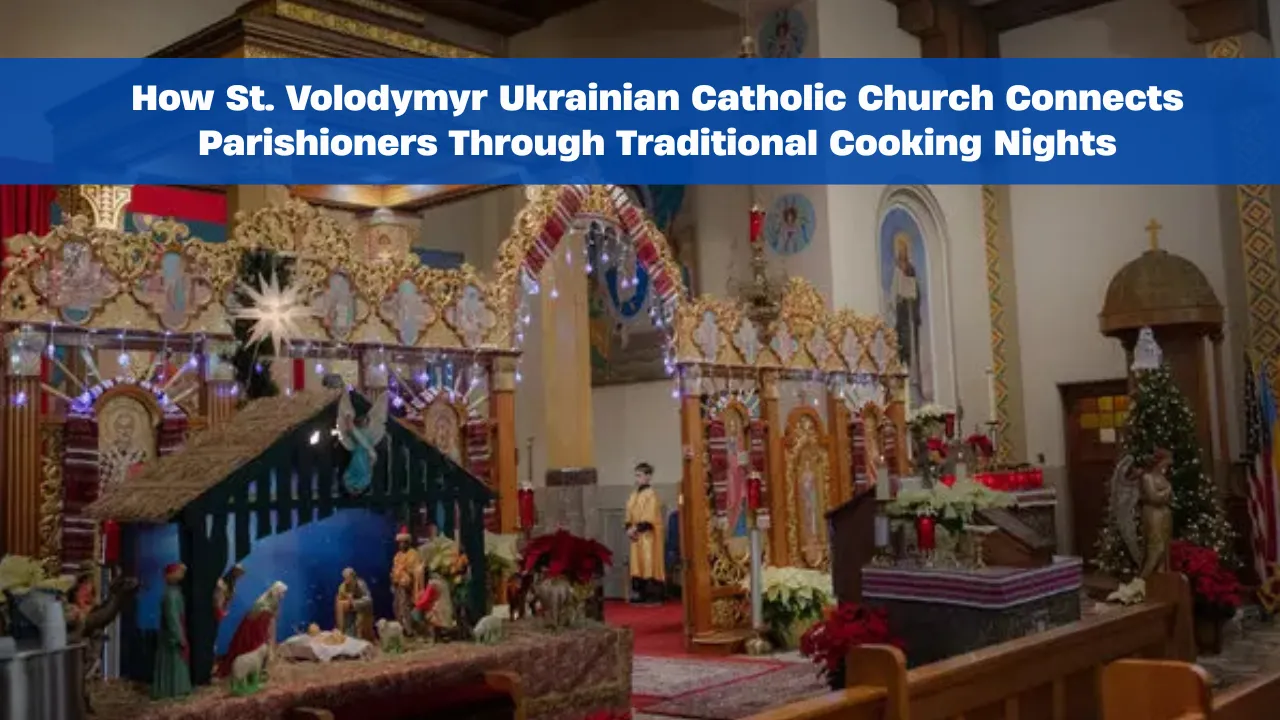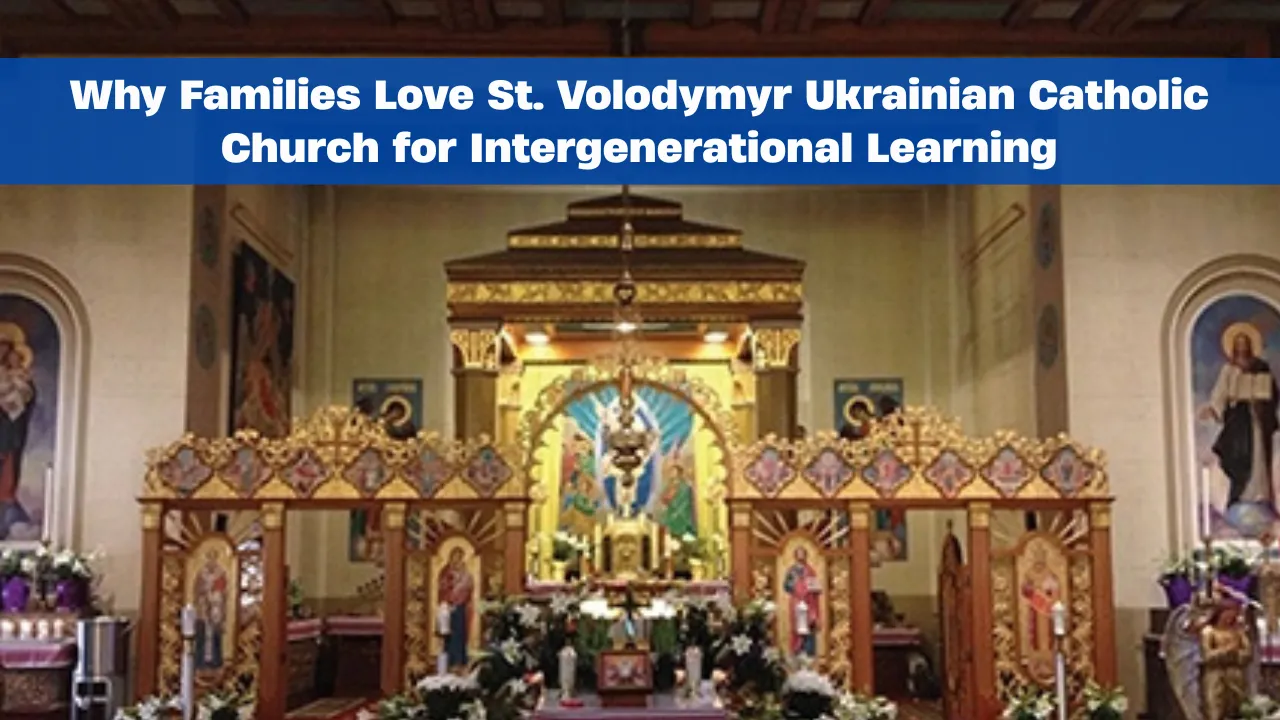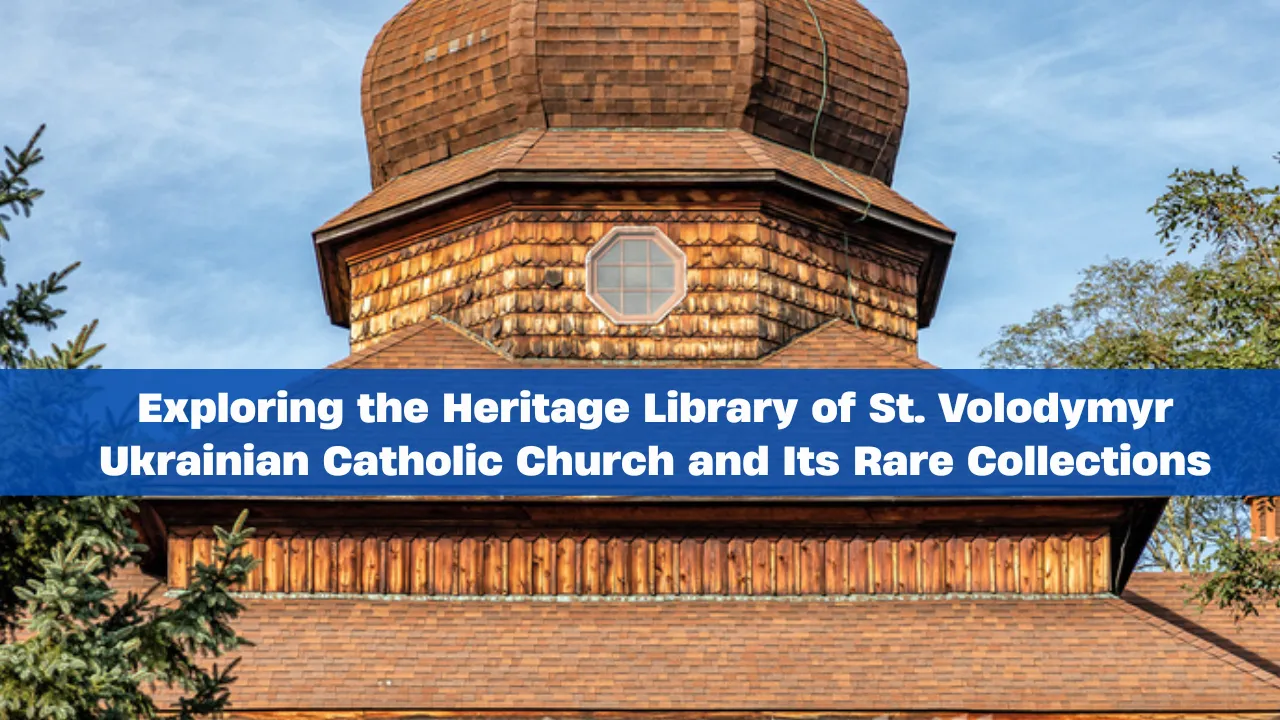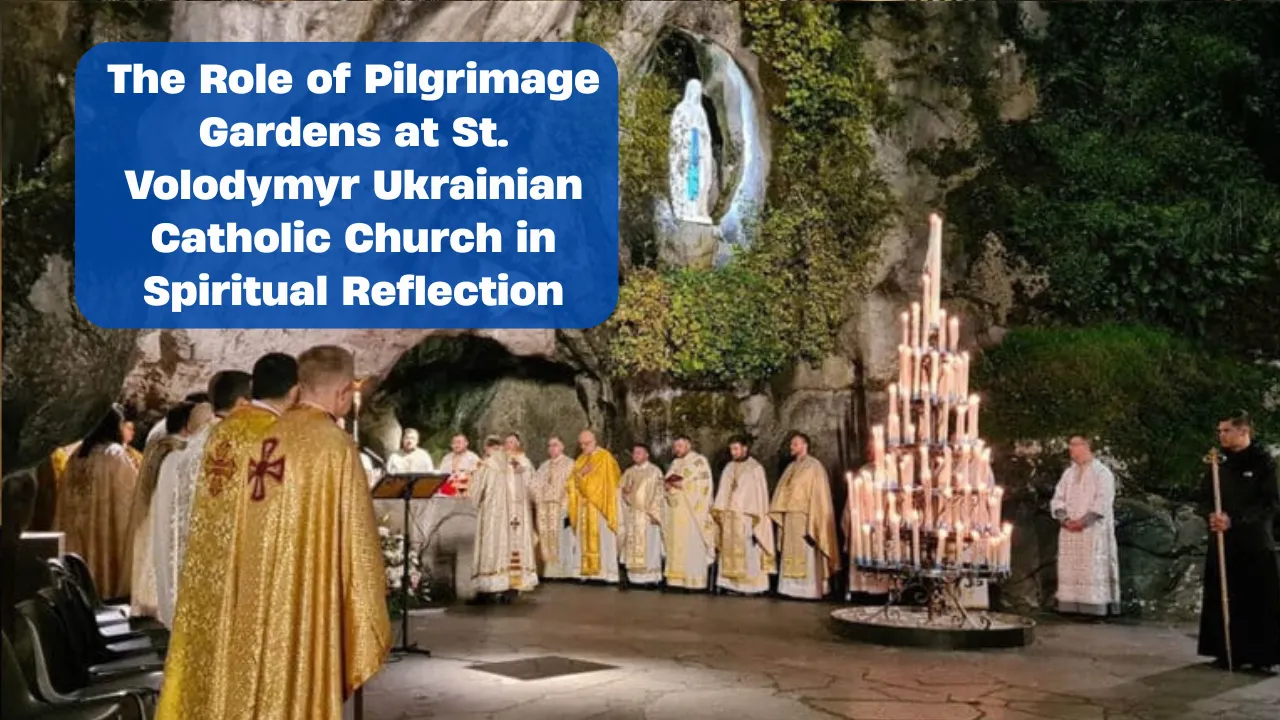Creation Stewardship is becoming a powerful theme within spiritual communities looking to respond meaningfully to the growing environmental crisis. At St. Volodymyr Ukrainian Catholic Church, this commitment has evolved into more than just an occasional sermon. It’s a core part of how the church understands its mission, integrates scripture into everyday life, and lives out its calling in the world.
This article explores the church’s approach to eco-theology, showing how scripture is used to teach care for the Earth. It examines how worship, education, and community involvement support the practice of stewardship. If you’re interested in how faith and environment work together, especially through meaningful church eco-initiatives, this guide will give a full view of how one parish puts belief into action.
Creation Stewardship: A Living Faith in Action
At the heart of St. Volodymyr Ukrainian Catholic Church’s mission is the concept of Creation Stewardship, a call for believers to care for the world as a sacred duty. Rooted in ancient scripture and brought to life through modern action, this teaching connects deeply with the global rise of eco-theology. The church uses liturgical practices, environmental outreach, and community teaching to reflect its belief that caring for creation is central to Christian life. This living theology is not separate from daily spirituality but fully embedded in how faith is practiced. The church’s response is both theological and practical, encouraging every member to live a more ecologically responsible life.
Overview of St. Volodymyr’s Approach to Creation Stewardship
| Key Element | Description |
| Scriptural Foundation | Passages from Genesis and Psalms used to emphasize Earth as sacred |
| Eco-Liturgical Practices | Environmentally-themed prayers, services on Earth Day, and feast days |
| Sustainable Infrastructure | Energy-saving systems, waste reduction, and recycling programs |
| Youth & Adult Education | Workshops on sustainable living and outdoor ecology programs for families |
| Community Outreach | Collaborations with local environmental groups and public awareness efforts |
What is Creation Stewardship?
Creation Stewardship is the belief that humans have a divine responsibility to protect, nurture, and respect the Earth. Unlike secular environmentalism, which often focuses solely on scientific or policy-driven solutions, this principle is rooted in sacred scripture and spiritual tradition. It frames the environment not just as a resource, but as a gift from God.
St. Volodymyr’s approach reflects this perspective in full. The church treats ecological care not as a side concern but as a central expression of faith. It is understood that spiritual ecology isn’t optional—it is integral to being a follower of Christ. This mindset transforms how parishioners see everything from energy use to what they eat and how they consume.
The Role of Scripture in Eco-Theology
Sacred texts are central to the way Creation Stewardship is taught at St. Volodymyr. The church often highlights verses like Genesis 2:15, which describes God’s call to “till and keep” the garden. This scripture is foundational to the belief that humans are not owners, but caretakers of creation. In the Psalms, nature is portrayed as praising God—an image that reinforces the view that creation itself holds spiritual significance.
The church weaves these ideas into homilies, readings, and group study sessions. Importantly, scripture is not used as a mere symbol—it is a guide for ethical decision-making. The message is clear: honoring the Earth is a form of worship, and neglecting it is a spiritual failure. Through this, the connection between faith and environment becomes deeply personal and theological.
Eco-Theology in Church Practices
One of the most visible ways that St. Volodymyr embodies its eco-theology is through sustainable worship. Services are designed with minimal environmental impact, using reusable materials and cutting down on printed materials. The church building itself reflects principles of Catholic environmental teaching, with upgraded energy systems, water conservation practices, and careful waste management.
During special liturgical seasons like Lent, members are encouraged to reflect on their consumption habits. Fasting is framed not only as spiritual discipline but also as environmental responsibility. These moments allow the church to blend traditional practice with modern environmental insight in a way that resonates deeply.
Community Involvement and Education
Education is a pillar of Creation Stewardship at St. Volodymyr. The church has developed programs for both young and old to understand the role of Christian sustainability in daily life. Youth groups take part in tree planting, clean-up days, and local biodiversity walks. These experiences help children build emotional and spiritual bonds with the natural world.
For adults, regular sessions are held on topics like composting, ethical food choices, and low-waste living. These teachings draw on scripture and environmental science, offering a well-rounded approach to spiritual ecology. The church doesn’t expect perfection, but progress—encouraging each member to take meaningful steps in their homes and habits.
Two Key Ways the Church Promotes Creation Stewardship
- Scripture-Based Lessons: Sermons and classes regularly explore what sacred texts say about nature, urging parishioners to act on their beliefs through environmental care.
- Sustainable Church Events: From fundraisers to feast-day celebrations, events are planned with a focus on reusables, low waste, and energy savings, modeling eco-conscious behavior for the community.
Impact Beyond the Church Walls
The reach of St. Volodymyr’s Creation Stewardship efforts goes beyond Sunday services. Many parishioners bring these teachings into their everyday lives—starting home gardens, joining local green initiatives, and making more thoughtful choices about energy, food, and travel. In this way, the church becomes a hub for wider social change.
Through partnerships with schools and nonprofits, St. Volodymyr expands its environmental message to the broader community. These partnerships allow for events like river cleanups, educational seminars, and shared prayer services that focus on healing the Earth. In every sense, the church models how green church practices can influence entire neighborhoods.
FAQs
What does creation stewardship mean in Christianity?
It means caring for the Earth as a spiritual responsibility, recognizing nature as a gift from God that must be protected and respected.
How does St. Volodymyr teach environmental values?
Through scripture-based sermons, youth programs, and sustainability-focused community activities that show how faith connects with ecology.
Is creation care a new idea in the Church?
No. While it’s gaining modern attention, the idea of caring for creation is deeply rooted in scripture and Christian tradition.
Can churches really make a difference in the environment?
Yes. By modeling sustainable behavior and educating their members, churches can create ripple effects in their communities and beyond.
What kind of eco-initiatives does this church support?
St. Volodymyr supports energy conservation, waste reduction, local environmental partnerships, and eco-education programs.
Final Thought
The work being done at St. Volodymyr Ukrainian Catholic Church shows that Creation Stewardship is not just a concept, but a daily commitment. Through scripture, action, and community, the church lives out its role as caretaker of God’s creation. In doing so, it shows that caring for the environment is not separate from faith—it is an essential part of it.
If this message speaks to you, share it with others or reflect on how your own faith community approaches the environment. Every action counts, and every voice matters in protecting the planet we all share.
